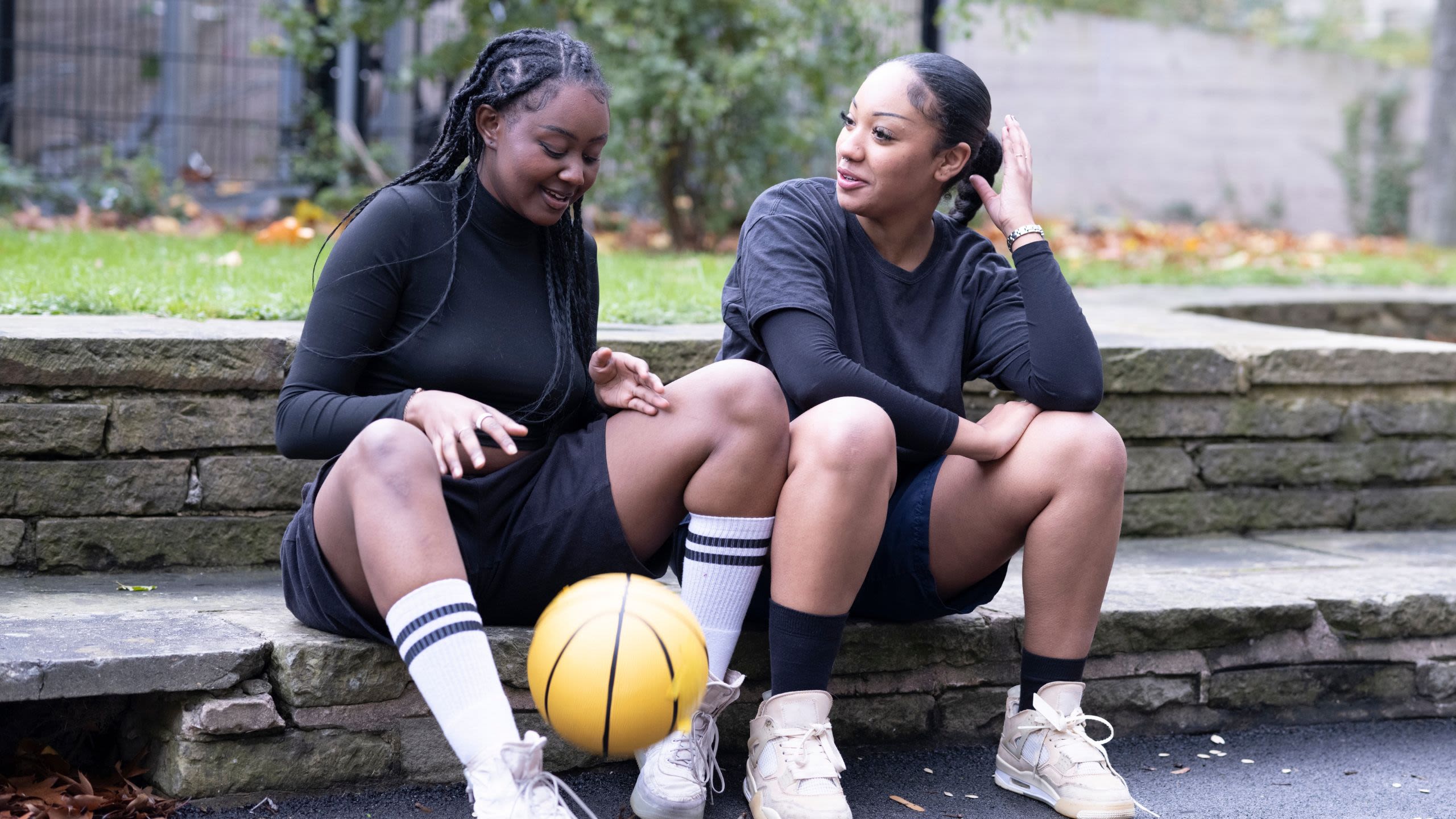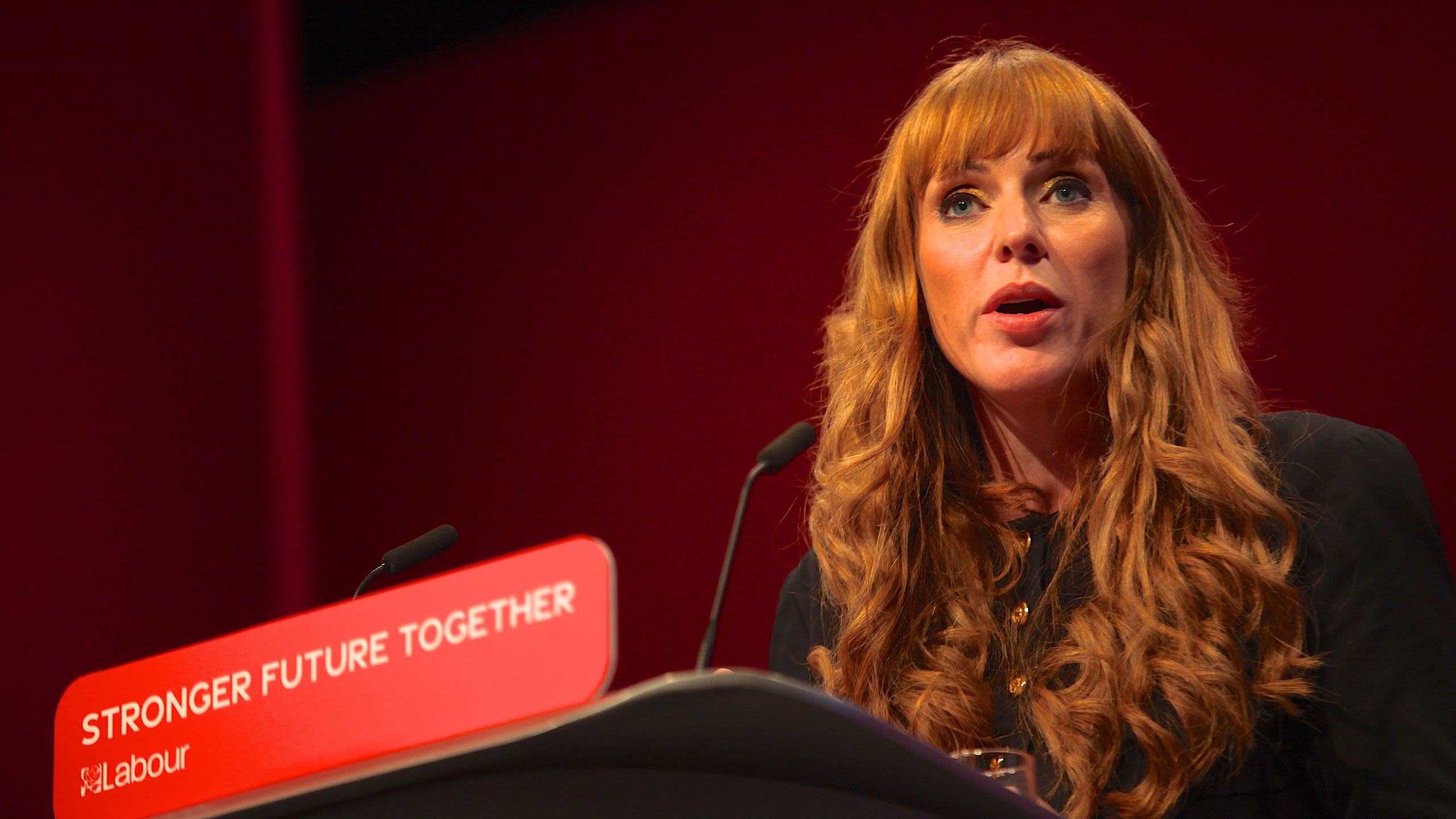It ain't what you say...

Accent prejudice perpetuates harmful stereotypes, negatively impacts confidence and self-esteem and can even be a barrier to education and employment success.
Essex researchers are studying regional accents, the way we sound and how we are perceived because of our voices.
They are revealing the hidden effects of accent prejudice and empowering communities to speak proudly.

Changing perceptions of regional accents
Essex accents are maligned for sounding thick, a scouser might seem friendly and the Glaswegians, well they’re all looking for a fight.
These are some of the stereotypes attached to regional British accents.
Received pronunciation may not dominate the airwaves like it once did, but bias and prejudice around regional accents persists, impacting people’s lives in countless ways.
Essex researchers from the social sciences and arts and humanities are helping to shine a light on the issue and change perceptions.
Inspired by their own voices
Sociolinguists Dr Amanda Cole and Dr Ella Jeffries, from the Department of Language and Linguistics, were both inspired by their own families.
“I grew up in the north, in Yorkshire, but with southern parents. For me there was always that difference between the way my community spoke, with northern vowels, and the way my family spoke, with southern vowels,” explained Dr Jeffries, who specialises in children’s attitudes to different accents.
For Dr Cole, it was the vast movement of people cleared out of London through government initiatives during the 20th century that provided inspiration for her work on Cockney and Essex accents.
“My dad was born in the 50s in Essex but into a community formed almost exclusively of east Londoners. He would describe it as an east London enclave. The way that my dad and his generation speak is Cockney but it has changed as well, taken on new flavours, and younger people in Essex have made the accent their own,” she said.
Together, the pair have uncovered revealing insights into how we perceive different accents.


Accent bias in children
In her latest study, Dr Jeffries has called for “a better range of accents on children’s TV and films” to combat accent bias in children as young as five.
Her research, on whether young children are biased towards certain accents when it comes to cleverness, was a first of its kind.
By collating children’s brain activity using EEG (electroencephalogram) caps alongside measuring the speed of their answers, she was able to indicate how embedded their attitudes towards accents were.
Working with Dr Cole, early career researcher Dr Stephanie Martin Vega and colleagues at the University of California, Davis, she found that children from just five years old associate people with middle-class accents as being more intelligent than people with other accents.
The findings showed that across all measures, children associate someone with the Standard Southern British English (SSBE) accent – typically described as a middle-class accent – as being clever.
Dr Jeffries’ project also found that children who were exposed to a range of accents in the home were more positive towards different accents.
Writing in The Conversation, she argued: “Children are not born judging speakers to be uneducated based on the way they speak. It is something they are socialised into believing. Our research suggests that exposure to accent variation may be key in tackling accent discrimination from a young age.”
Dr Jeffries is hoping to follow-up this small study by investigating a larger pool of children, across a bigger age range and focusing on a wider range of accents to develop a broader picture of how and when accent bias first develops.

Idon't mind if people want to think I'm stupid and thick, then more fool them because, to be honest, I've never had respect given to me, I've always had to earn it....If you want to under-estimate me because I speak like a Mancunian and like the people I grew up with, then so be it.
Angela Rayner
Deputy Prime Minister
Hear her interview: Labour MP Angela Rayner: 'I'm proud of my accent'

Accent prejudice reinforcing inequalities
Across her career, Dr Cole has shown how Cockney accents and Queen’s English have all but disappeared amongst young people and why you’re more likely to find a Cockney accent in Essex than London, but it’s her work on links to inequality that stands out.
Having been criticised live on air for her own working-class accent, Dr Cole has made it her mission to educate the nation on why we all need to be more accepting of regional accents.
Writing in The Conversation, she said: “If working-class accents are not seen as appropriate in the media, politics and academia, then working-class people are not seen as appropriate in these domains.
“The commonplace notion that accent pedantry is actually just upholding good diction, decent standards, clear articulation or the inherent “correctness” of English is a rickety scaffolding for accent prejudice that keeps working-class people in their place.”
It’s a problem she first highlighted as a postdoctoral research fellow when she published findings showing that accent prejudice is rife among the young in southeast England.
The study saw 194 young people listen to 10-second clips of other young people from the same region reading aloud the same sentence, before making judgements about how friendly, intelligent and trustworthy they thought the person sounded.
It showed that working-class people were judged to be less intelligent, friendly and trustworthy than middle-class people and people from ethnic minority backgrounds were evaluated as less intelligent than white people.
“Prejudice towards an accent nearly always reflects societal prejudices towards the groups that speak with that accent. This is because the way we speak reflects who we are. Accents are an indicator of where we are from, our social class and our ethnicity,” she said.
Empowering Essex
As a university based in a county regularly singled out for its accent, it’s no wonder our researchers focus on exploring the Essex accent and empowering those who speak with it.
Dr Cole and Dr Jeffries have led initiatives to celebrate Essex voices but it is work by voice studies researcher Dr Tara McAllister-Viel at East 15 Acting School that has captured national attention.

“I feel if someone opens their mouth with a really overly Essex accent, and even if they have something important to say, they will automatically get written off.”
“That’s a whole stereotype. . . that people from Essex talk a lot and they do it with their stupid accent and…and they do it loudly so people are just like “ugh…be quiet…shut up.”
Students from Westcliff High School for Girls in Southend-on-Sea

Dr McAllister-Viel's poetry project with students from Westcliff High School for Girls in Southend-on-Sea revealed that teenage girls in the county are changing the way they talk because of negative stereotypes.
The project, which was turned into an audio exhibition, celebrated the rich diversity of voices, accents and languages in Essex but also revealed that girls growing up in the county continue to feel undervalued and unheard.
Dr McAllister-Viel explained: “They said the perception is that an Essex girl is unintelligent, uncreative, and they don’t feel that stereotype represents them at all.”
The plight of the schoolgirls earned them a spotlight on the flagship evening BBC programme The One Show.
The poems they had written, reflecting their experiences of growing up as a girl in Essex, were broadcast to the nation and they were interviewed by Essex-born presenter Jeff Brazier.
Speaking about her use of spoken-word poetry, Dr McAllister-Viel said: “Saying your ideas aloud gives your words a potency. It puts them out there for a listener to hear and gives you an opportunity to change someone’s mind about you.
“When you feel that people judge you each time you open your mouth, it may be tempting to self-silence. How do you ‘talk back’ to stereotype using an accent that was just criticised? Spoken word poetry is perfect for this. Students can talk about the negative messages they received and turn those experiences into an artistic response. They come to own their literal voice as they craft what they want to say with their artistic voice.”
"When I left London to take up my post at East 15 Acting School a colleague warned me, ‘if you move to Essex, your daughters are going to have that accent’. My daughters are Essex girls and I couldn’t be prouder.
"When people recount their stories of accent prejudice, I can hear the hurt or anger in their voice. I created this project to celebrate accents and help teens create strategies for ‘talking back’ to stereotypes."
Dr Tara McAllister-Viel
Head of Voice and Speech, East 15 Acting School
Find out more
You can say that again
Dr Cole and Dr Jeffries talk sociolinguistics, the loss and gain of language and dialect, language variation, influence of Cockney on Essex, accent bias, class and gender.
Study with us
Do you want to study social perceptions of accents or how children and adults learn new languages? Our Department of Language and Linguistics has undergraduate, postgraduate and research degrees.
Sixty Stories
We’re celebrating 60 years of making change happen. 60 years of boldness and bravery from our students past and present. 60 years of creating change.





